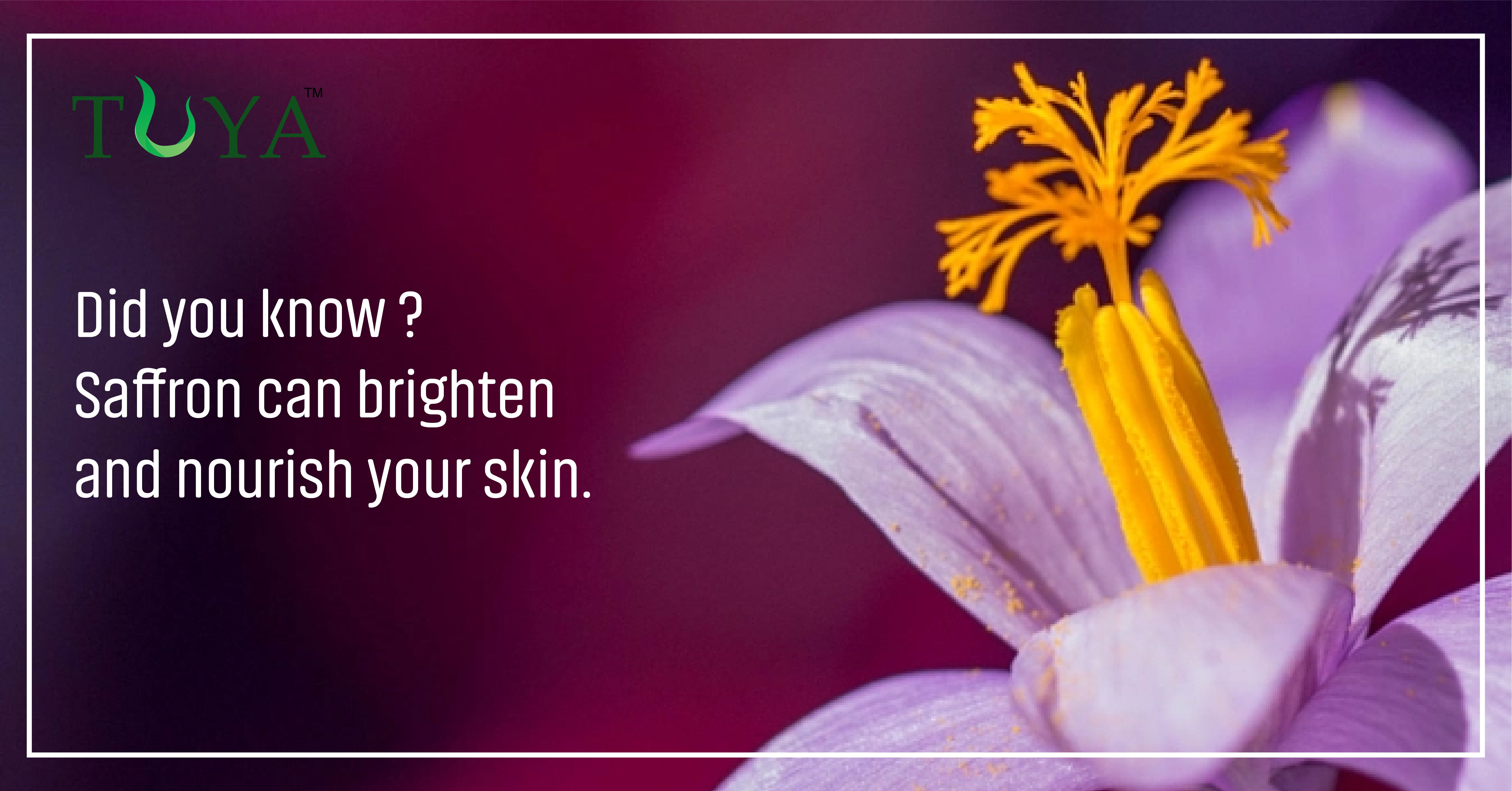Article: About Ayurveda
About Ayurveda
Ayurveda is the Vedic science of life. Ayur means “life” and Veda means “science/knowledge”. It is the ancient Indian system of natural and holistic medicine, which has around 5000 years of history. Ayurveda is not only limited to body or physical symptoms but also gives a comprehensive knowledge of spiritual,




